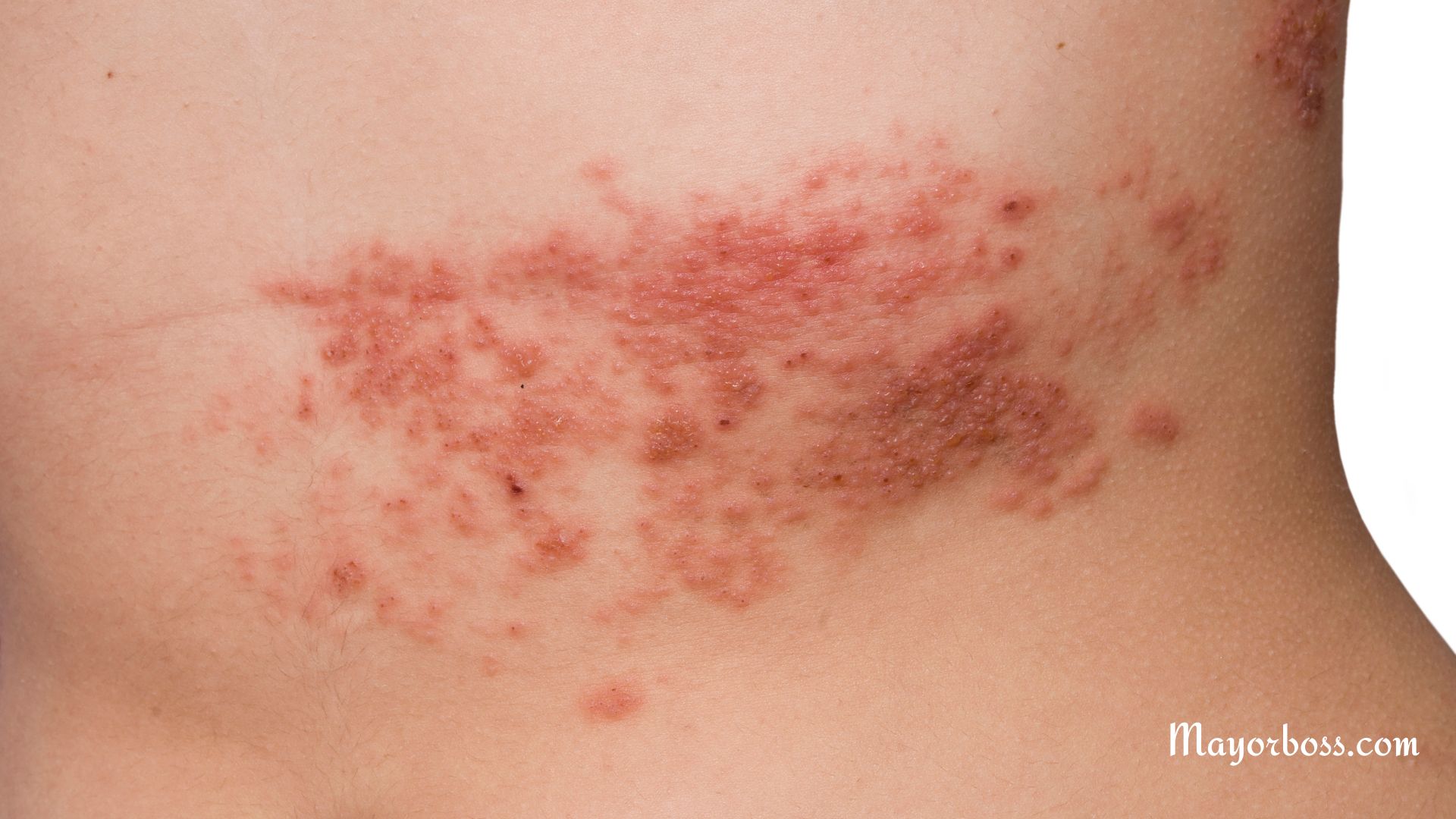Is E. Coli Deadly? Here Are the Symptoms and Early Signs of E. Coli
E. coli is a kind of bacteria that usually lives in the intestines of people and animals. It is a type of germ that can be both helpful and harmful depending on the strain. Most types of E. coli are harmless and can even help keep your digestive system healthy. However, there are some types of E. coli that can make you really sick and even be deadly. Read on to learn how to spot the symptoms and early signs of a harmful E. coli infection and what you can do to stay safe.

E. coli is usually harmless, but some types can be dangerous
Most of the time, E. coli is just a normal part of your body that lives in your gut without causing problems, helping keep your digestive system healthy. However, there are some types of E. coli that can cause serious illness. One type, called E. coli O157:H7, makes a toxin called Shiga toxin that can damage the lining of your intestines. If not treated, these harmful strains can lead to serious health issues like kidney failure, especially in young children, older people, and those with weak immune systems.
How do you get an E. coli infection?
You can get an E. coli infection if you swallow even a small amount of the bacteria. This often happens when you eat or drink something that has been contaminated. Foods like undercooked ground beef, raw milk, and fresh fruits and vegetables can have E. coli. For instance, In October 2024, many McDonald’s restaurants were closed because people got sick with E. coli after eating contaminated Quarter Pounders, according to the U.S. Centers for Disease Control and Prevention (CDC). You can also get it from drinking or swimming in contaminated water. It can even spread from person to person if people do not wash their hands properly, making E. coli very contagious in some situations.
Early signs of E. coli infection can be like the flu
The first signs of an E. coli infection can seem like the flu, which often delays people from seeking medical help. You might get stomach cramps, feel nauseous, throw up, or have a mild fever. These symptoms usually start between one and ten days after you come in contact with the bacteria. At first, it might feel like just a simple stomach bug, but the symptoms can get worse.
Symptoms to watch for as the infection gets worse
As the infection continues, the symptoms become more serious. Severe stomach pain and watery diarrhea are common signs. Sometimes, the diarrhea can turn bloody, which is a big warning sign that you should never ignore. This means the intestines are being seriously damaged. You might also feel very tired or weak.
Symptoms in children need special attention
Children are more likely to have serious problems from E. coli. If your child has bloody diarrhea or seems very tired and pale, you should call a doctor right away. These could be signs of a condition called hemolytic uremic syndrome (HUS), which can lead to kidney failure and can be life-threatening.
When should you see a doctor for E. coli?
You should see a doctor if you have bloody diarrhea, feel very dehydrated, or have bad stomach pain. Getting medical help early is important to prevent problems like kidney failure. Doctors say that drinking enough fluids is very important since dehydration is common with an E. coli infection.
How to prevent E. coli infections with good hygiene and safe food handling
The good news is that E. coli infections can often be prevented. Always cook meat thoroughly—especially ground beef, which should be cooked to at least 160°F. Use a meat thermometer to ensure the meat has reached a safe temperature. Wash your hands often, especially after touching raw meat or using the bathroom. Also, wash fresh fruits and vegetables under running water to remove bacteria. Avoid raw milk and other unpasteurized dairy products, as they can contain harmful bacteria like E. coli.
E. coli can be deadly, but most cases can be treated with proper care
E. coli infections can be very serious, but if you catch them early and get the right treatment, most people recover completely. However, some types of E. coli, like O157:H7, can become life-threatening. The best way to avoid complications is to know the symptoms and act quickly.
If you or someone you know has symptoms of an E. coli infection, don’t wait. See a doctor to make sure you get the right care.






